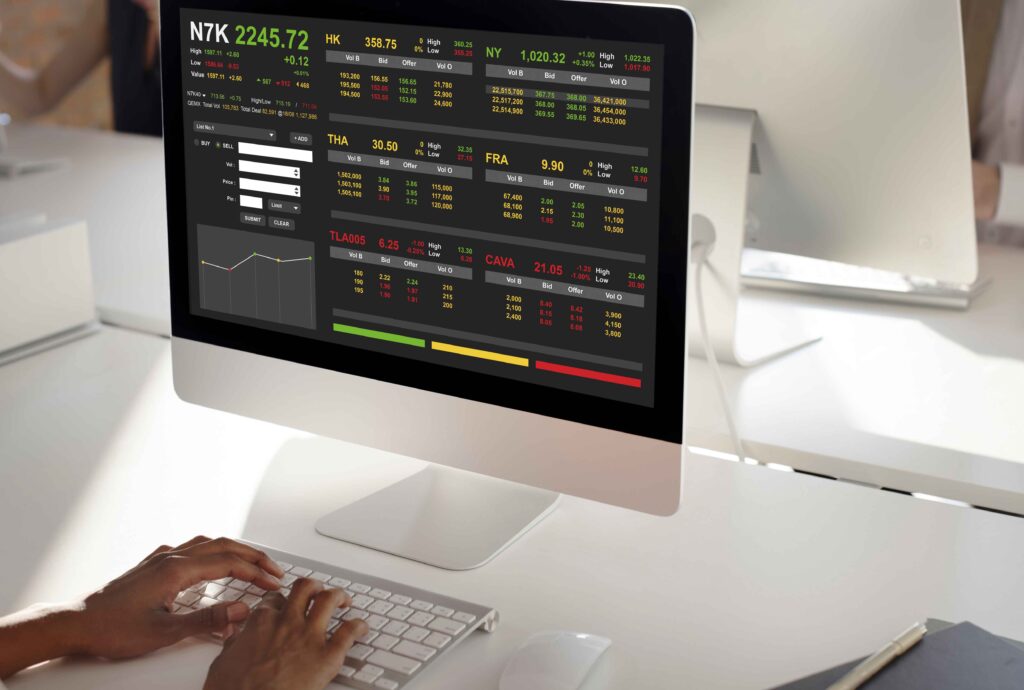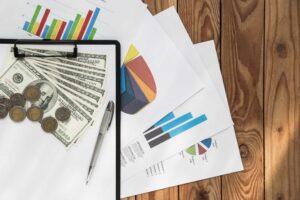
Forex Trading Syrixo.com
Forex Trading 101: Worst Crime Activities in it Syrixo.com Consequently, trading in foreign exchange also commonly known as Forex trading is now a popular market that draws millions of traders internationally. Due to its vast dimension in the financial market, its high liquidity, and elevated expected returns the trading option has attracted a number of traders. Nonetheless, the Forex market is an anonymous and unregulated market that has become a hub for multiple crimes. This article therefore examines the different unlawful activities performed in Forex trading, the implications of these unlawful deeds and methods that can be implemented to counter these unlawful acts.
Kinds of Criminal Activities Associate with Forex Trading
The high volatility and propensity for and often lack of regulation means that Forex trading is a breeding ground for numerous types of crime to the detriment of investors and market stability. Here are some of the most common types of crimes committed in Forex trading:
1. Fraud
Forex fraud consists in the giving of an undertaking or making a statement that is false, misleading or contains an omission of material fact. Examples include:
- Fake Trading Platforms: It is a scam where criminals develop a fake platform for Forex trading with unrealistic high rates of return on investments, while, in fact, they are stealing the money.
- Boiler Room Scams: Fierce pressure employed in the sale of Forex investment projects, including fictitious investment products or any valueless security.
- False Advertising: Falsified trading results, spurious qualifications and/or, conditions in the market for the purpose of misleading investors.
- Example: Forex trading firm commonly known as Advantage Futures was charged by CFTC in 2019 of fraud and embezzlement of more than $4million from its clients.

2. Money Laundering
Criminals exploit Forex trading’s anonymity to launder illicit funds:
- Structuring: Splitting transactions with the aim of not reaching the reporting threshold.
- Layering: Money laundering contains transferring cash through many accounts to obscure source.
- Integration: To wire the integrating the laundered funds back into other legitimate financial systems.
Example: Forex – In 2017 Western Union paid $586 million following its indictment in charges of money laundering facilitation.
3. Insider Trading
Insiders exploit confidential information for personal gain:
- Tipper-Tippee Schemes: Whistle blowers who give out information to other people with an intention of having them trade on the same information.
- Front Running: Employment of insider information before executing the client orders.
- Example: In 2013, ex-CitiFX trader, Rohan Ramchandani was arrested and prosecuted for engaging in insider trading using sensitive information of some of his clients.
4. Market Manipulation
Manipulating market prices or spreads for personal benefit:
- Spoofing: Manipulating the market through placing fake orders.
- Stop-Loss Hunting: Shorting to bring out stop-loss orders, and capitalizing on the next movements of the prices.
- Example: The spoofing violation was highlighted by regulators and in 2020 October, JPMorgan Chase agreed to a $920 million settlement in relation to the Forex markets.

5. Account Churning
- Brokers excessively trading clients’ accounts to generate commissions:
- Overtrading: Making way too many trades, without due consideration of the welfare of the clients.
- Churning and Burning: Brokers who act on their own accounts, driving the demand for their clients to get their cut only to lose their money.
- Example: FINRA fined broker, Christopher C. Williams in 2019 and this fine was $150,000 because Williams churned client accounts.
- Here is a guide for investing in stock market.
6. Ponzi Schemes
Unusually high returns promised to attract investors:
- Classic Ponzi: The profits that shareholders receive back from the money collected by later investors known as.
- Forex Ponzi: This practice of promising everyone unusually high forex returns paid from latter investors makes.
- Example: In the process in 2018, the SEC filed charges against Forex trader namely Jeremy Drake for launching a $25 million Forex Ponzi scheme.
7. Phishing and Identity Theft
Stealing traders’ personal and financial information:
- Email Phishing: Fraudsters use email to send forged messages with the aim of getting users input their username and password.
- Social Engineering: Luring traders into divulging a relevant information.
- Example: The FBI in January 2020 for instance, warned that Forex traders were being lured to phishing scams.
8. Unlicensed Trading
Operating unlicensed Forex trading platforms or brokerages:
- Unregistered Brokers: Functioning in the absence of Harvard Legal requirements.
- Offshore Scams: A host of unregistered or unapproved brokerages calling unregistered and unapproved locations home.
- Example: The FCA issued a warning against unregulated Forex broker in November 2019; Maxi Flex.
9. Signal Selling Scams
Selling false or misleading trading signals:
- Fake Signal Providers: Misleading customers via selling of ineffectual or even non-existent trading strategies.
- Performance Manipulation: Lying over the trading results just to encourage the signals.
- Example: In 2020, the CFTC accused signal seller Forex Currency Index of fraud.
10. Here’s what is commonly referred to as ‘High Yield Investment Programs’ or HYIPs.
- Unrealistic Returns: Making enormous promises of great wealth or profit with little or no loss at all.
- Ponzi-Like Schemes: Money earned by earlier stages that are paid back from the investment of later one.
- Example: Looking at the companies that fell under HYIP in 2019, the SEC accused Avantrade of running an online Forex pyramid and Ponzi scheme that totaled $35 million.
- China’s Economic Effects for Global Trade 2024
Prevention and Combat Measures
To combat Forex trading crimes, regulatory bodies, brokers, and traders must work together:

Regulatory Measures
- Enforcement of proper measures and the issuance of licenses
- Auditing and monitoring should carry out systematically.
- The use of fines for the brokers that fails to meet the stipulated standards
- Does Unchained Make Best Loans on Bitcoin?
Brokerage Measures
- Implementing clear, understandable business procedures
- This paper also recognizes the need to ensure high levels of security protocols.
- Giving awareness to traders
Trader Measures
- Carrying out investigations and making some confirmations of the credentials of the brokers.
- Avoiding getting carried away by high returns or profit making statements & figures.
- Managing account activities on a frequent basis
Regulatory Agencies and Schemes
- Several regulatory bodies and initiatives aim to combat Forex trading crimes:
- Commodity Futures Trading Commission or CFTC
- National Futures Association (NFA)
- Securities & Exchange Commission Also Particularly
- FCA Financial Conduct Authority
- International organization of securities commission (IOSCO)
- You can contact us here.
Conclusion
Forex trading criminality is Worst for threatening traders and investors including all of the marketplace. Knowing which sort of crimes is being committed and acting preemptively in preventing/eradicating them is essential. Regulatory authorities, brokers, and trading companies can only offer a good market for Forex trading by working together.
Thanks to raising the awareness of the existence of such offences and ensuring the proper legislation is in place, and paying attention to these issues, we can avoid such crimes to do harm to Forex trading and secure the best interest of the community and its members.






